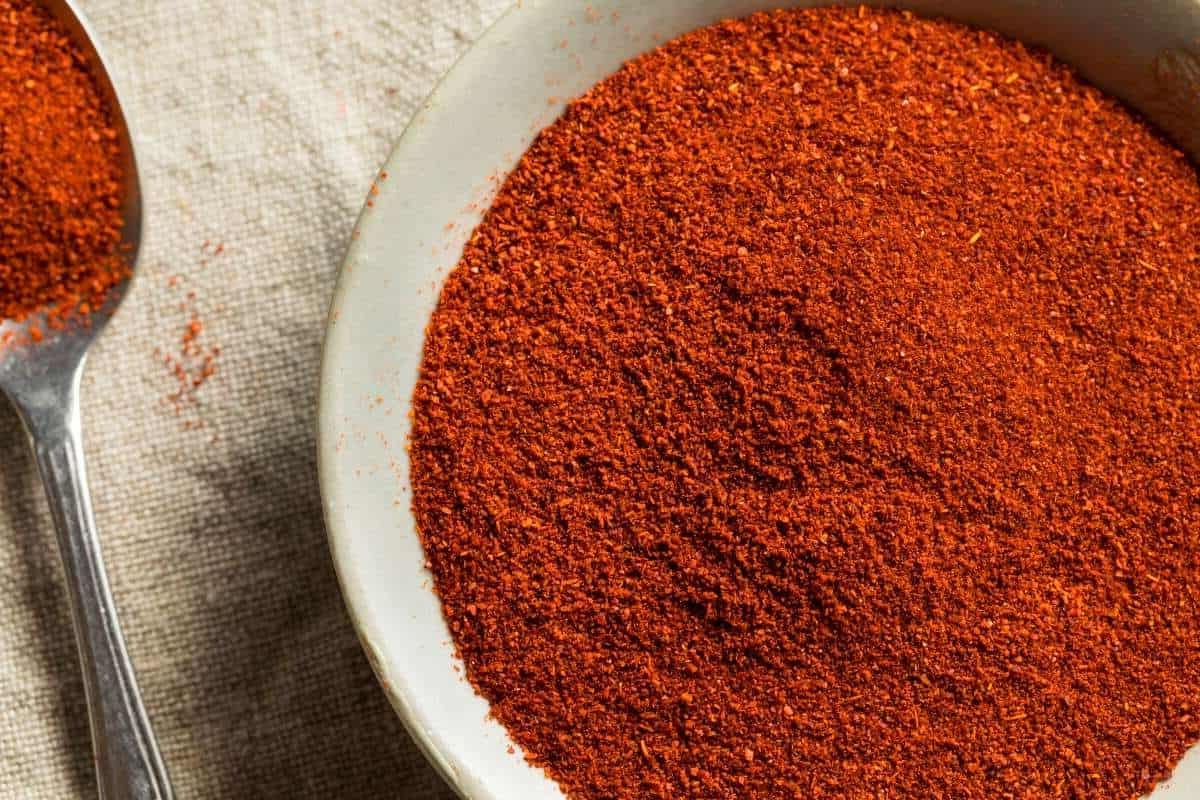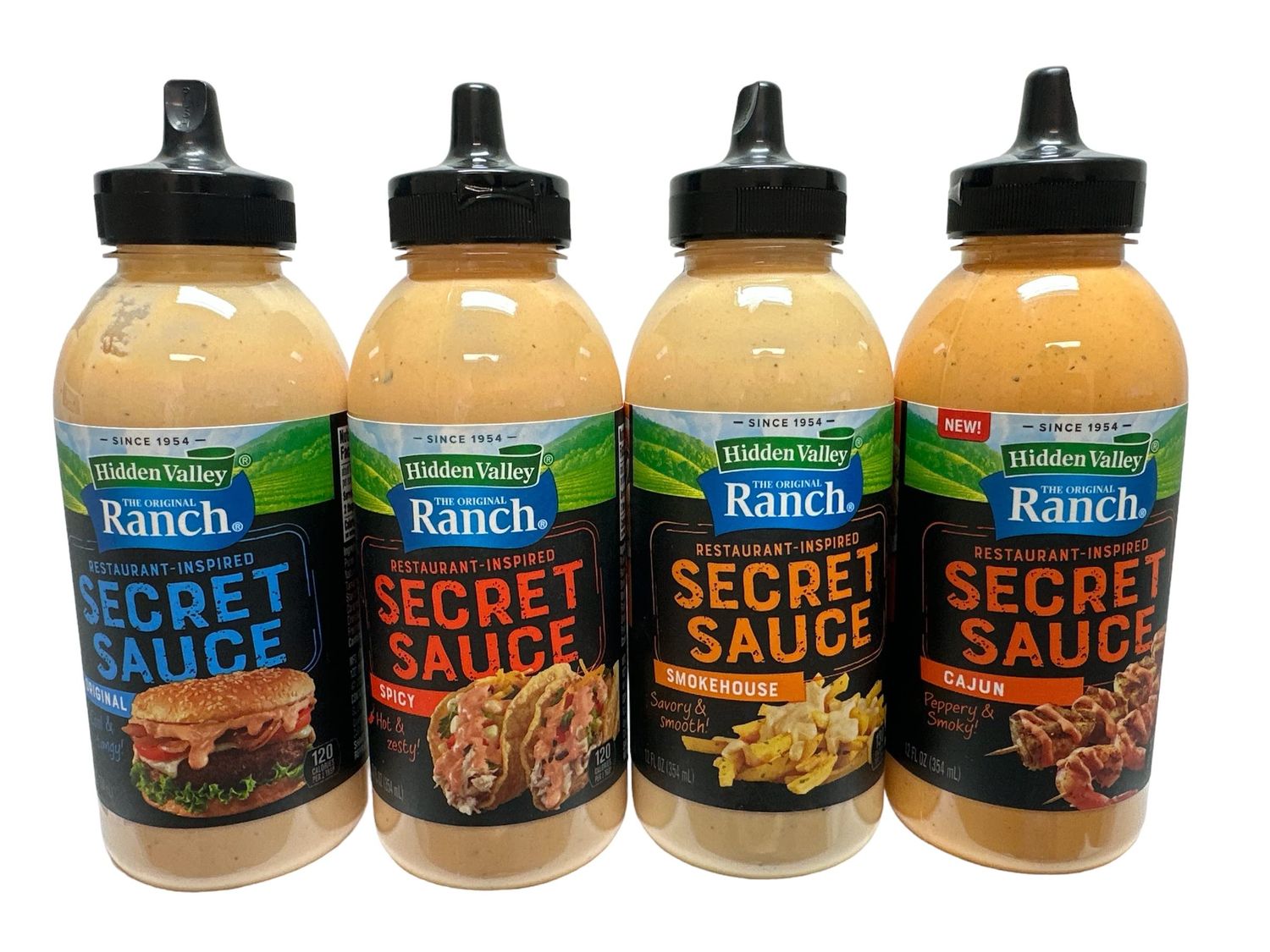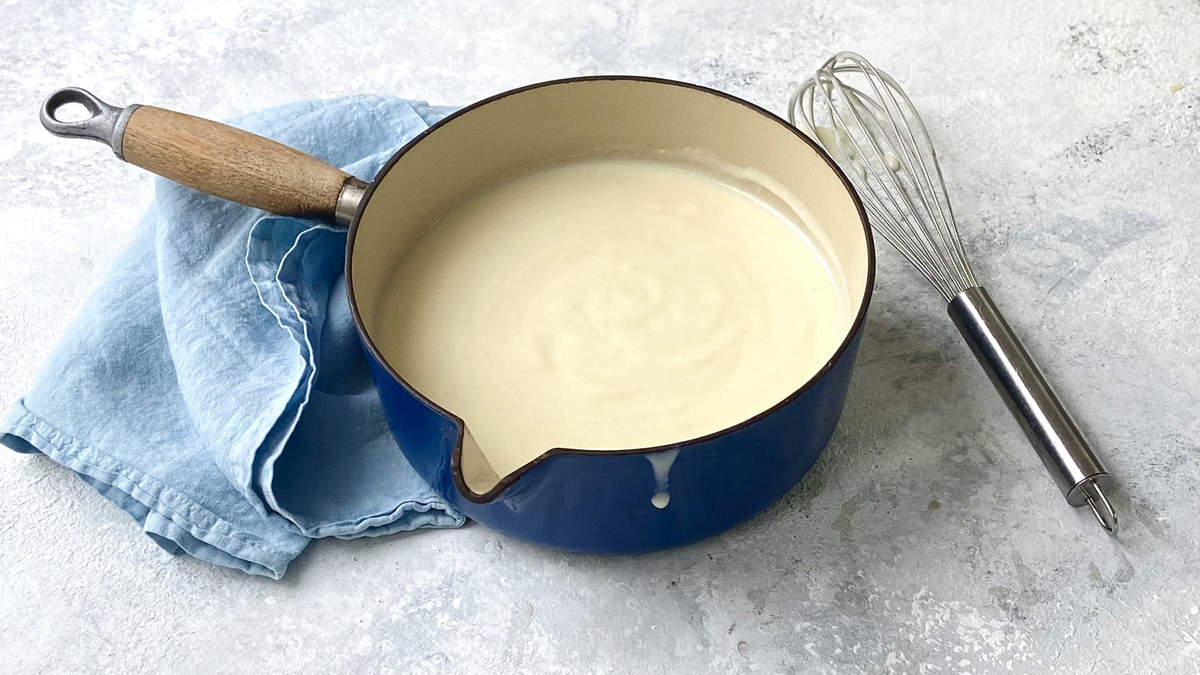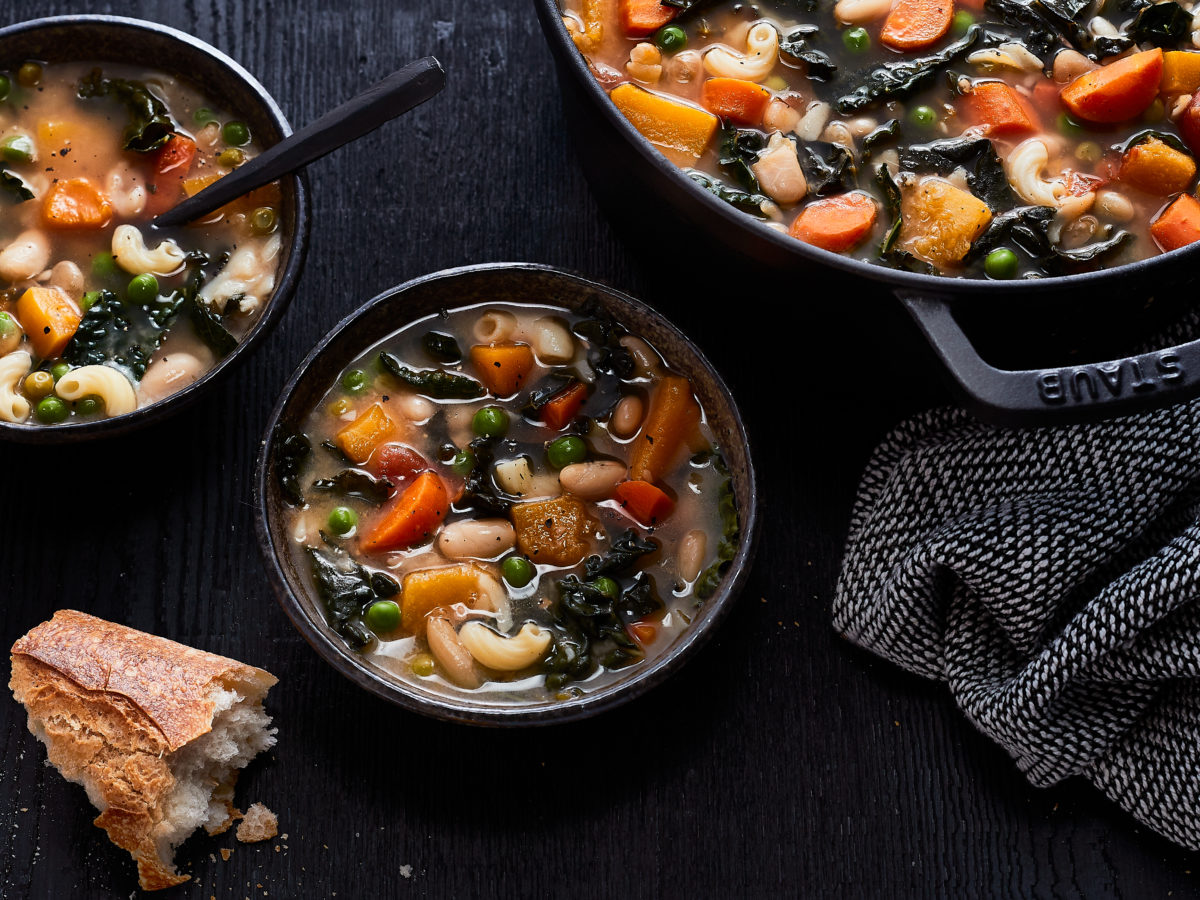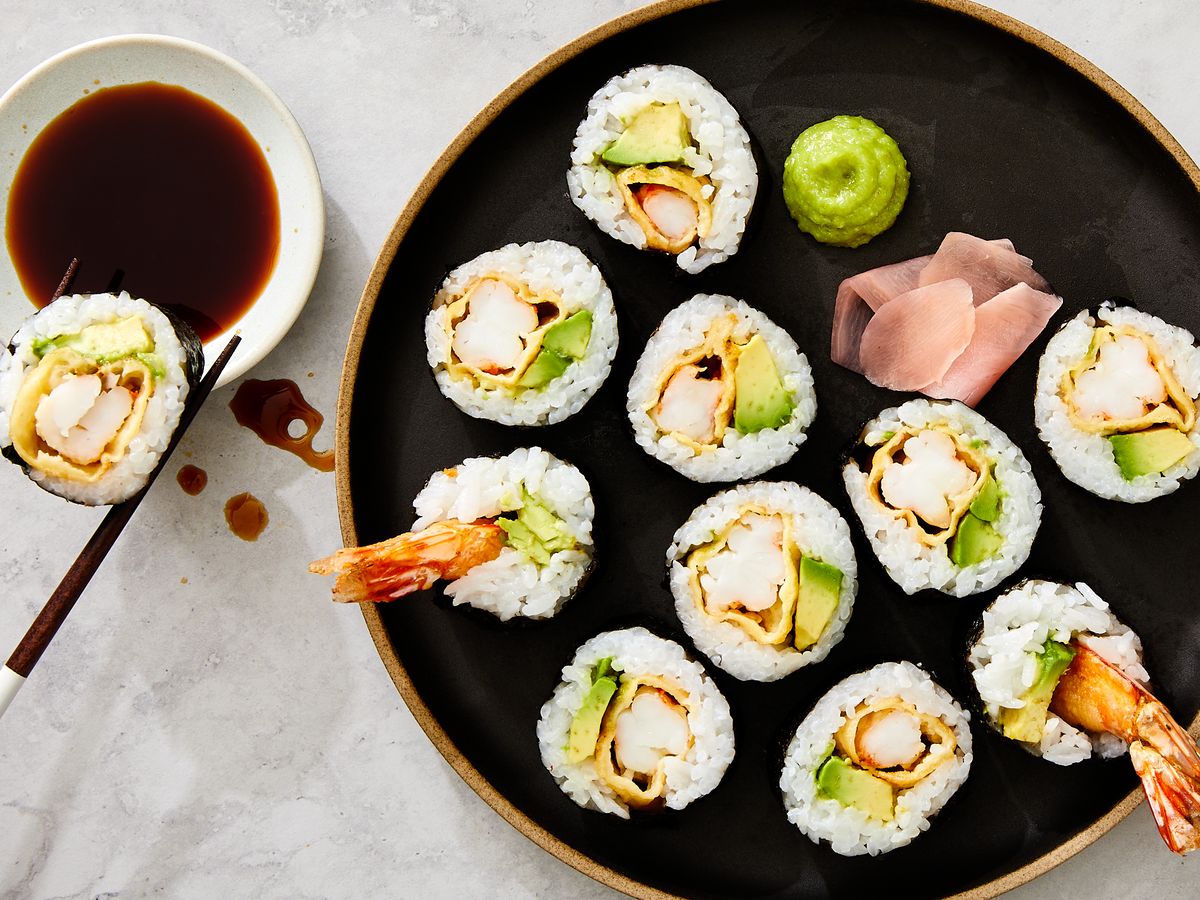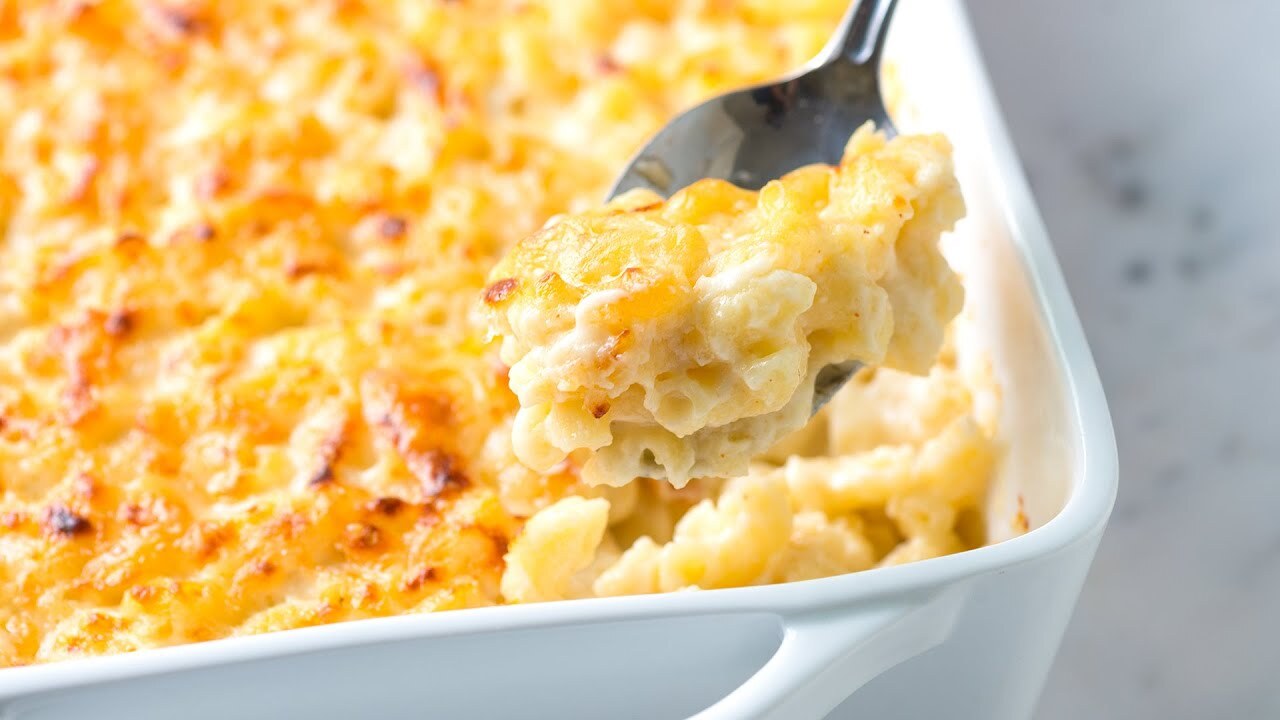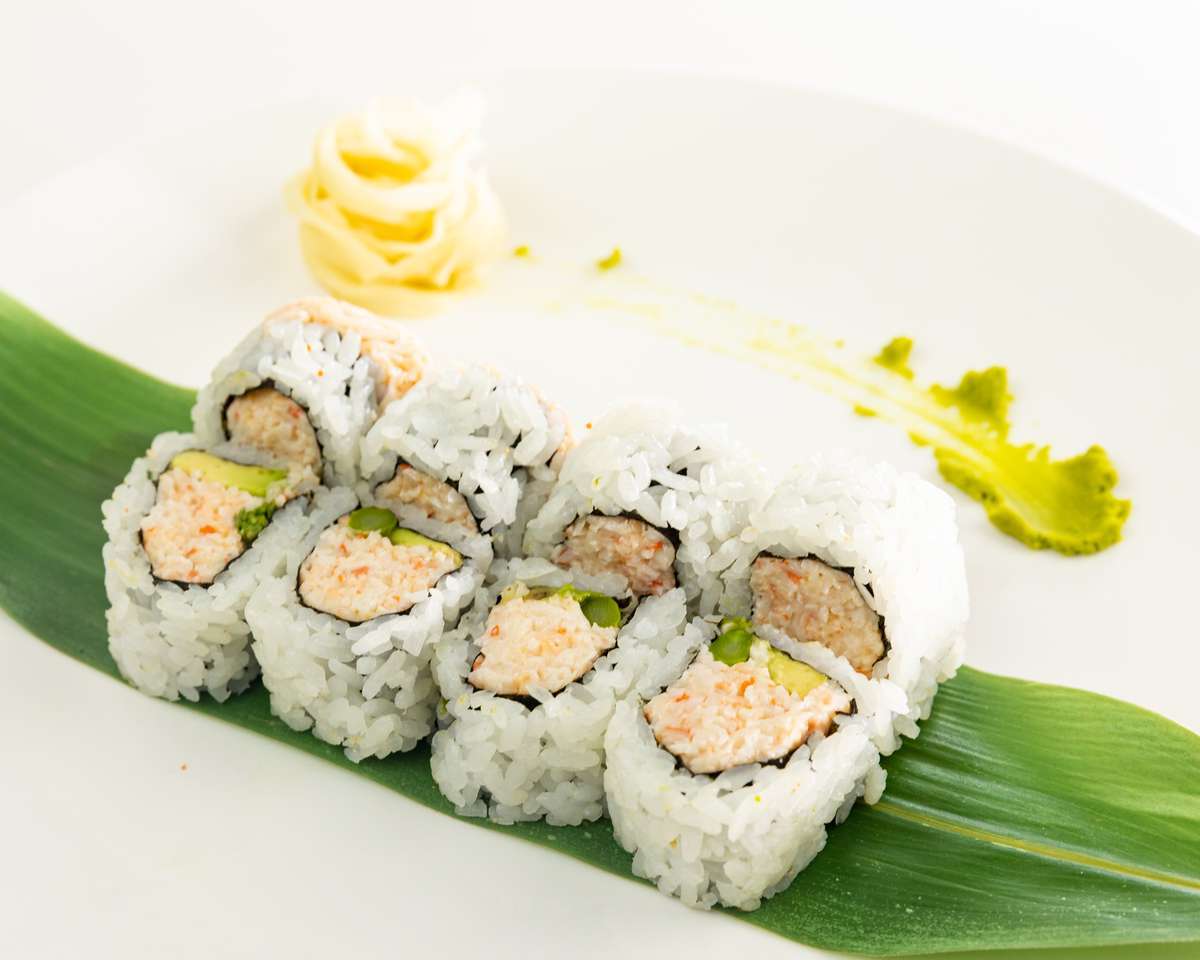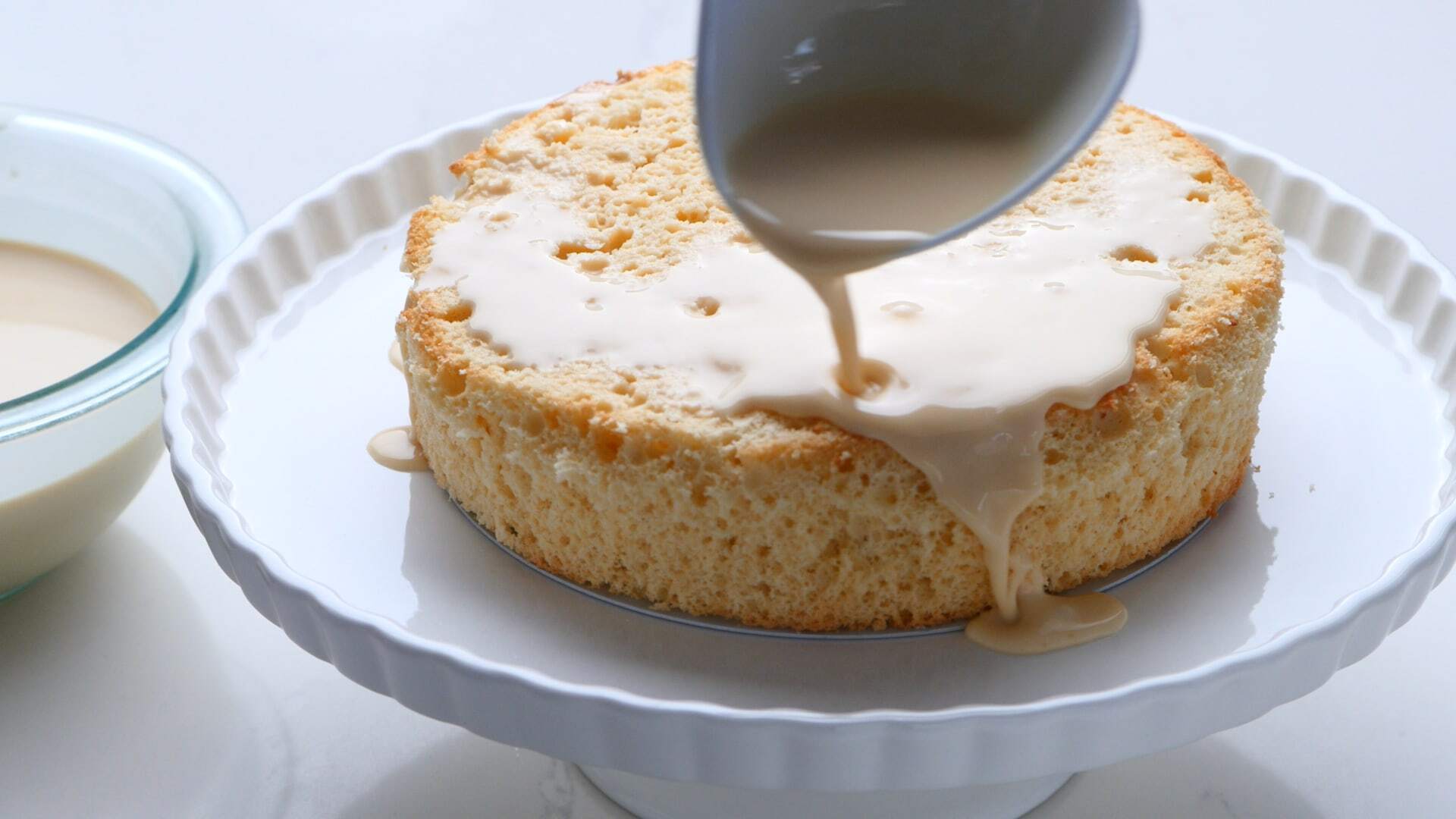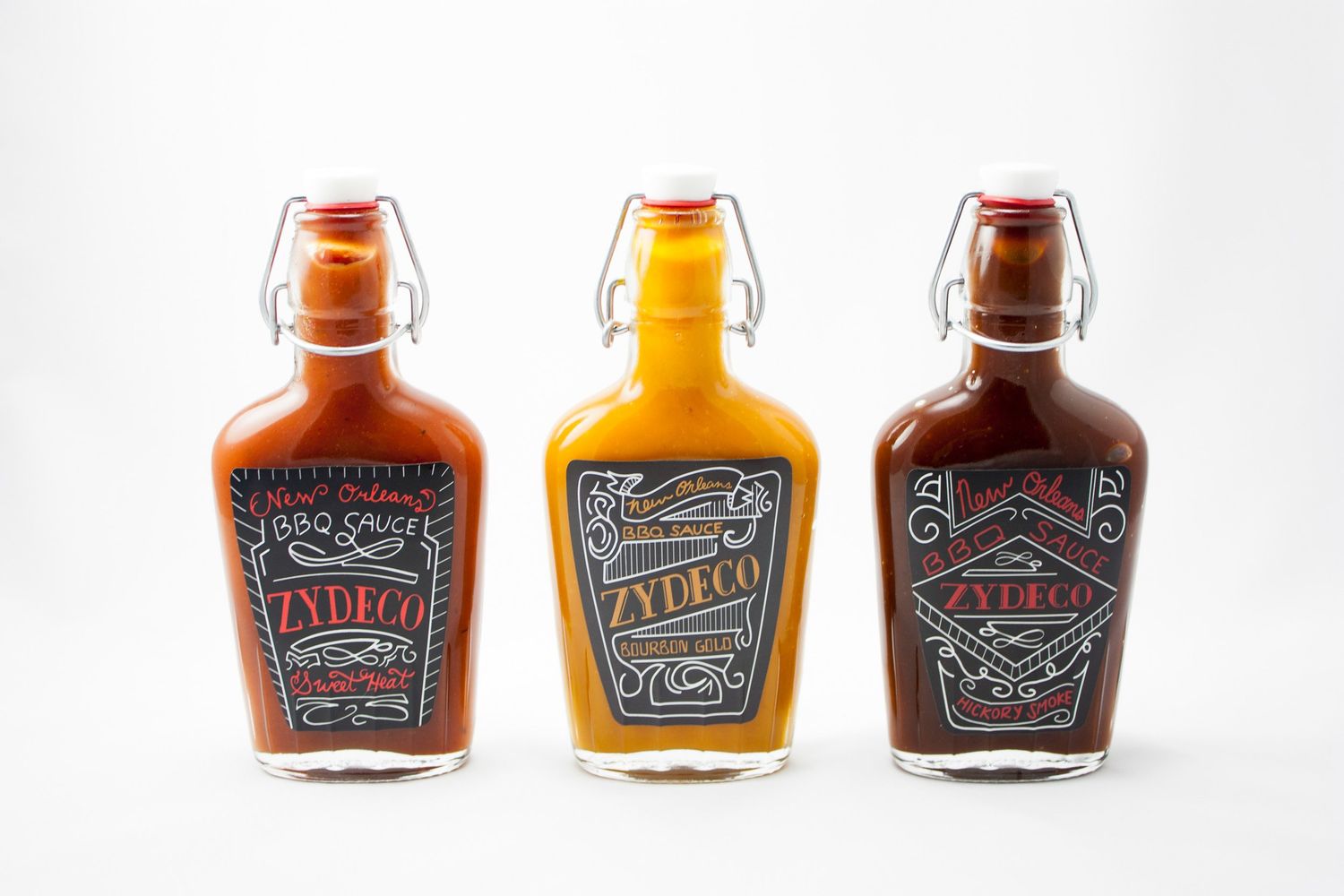Understanding the Art of Salting in Cooking
When it comes to cooking, salting is a fundamental technique that can elevate the flavors of your dishes. Whether you’re a seasoned chef or just starting out in the kitchen, understanding the role of salt in cooking is essential for creating delicious meals. In this article, we’ll explore the ins and outs of salting and how it can enhance the taste of your favorite recipes.
What Is Salting?
Salting is the process of adding salt to food to enhance its flavor. Salt is a versatile ingredient that not only adds a savory taste to dishes but also helps to bring out the natural flavors of other ingredients. It can balance out sweetness, reduce bitterness, and intensify the overall taste of a dish.
The Role of Salt in Cooking
When used in moderation, salt can work wonders in the kitchen. Here are some key roles that salt plays in cooking:
- Enhancing Flavor: Salt has the ability to enhance the natural flavors of ingredients, making them more pronounced and enjoyable.
- Balancing Taste: Salt can help balance out the flavors in a dish, ensuring that no single taste overpowers the others.
- Preservation: Historically, salt has been used as a preservative to extend the shelf life of food.
- Tenderizing: Salt can help tenderize tougher cuts of meat by breaking down proteins and improving texture.
Types of Salt
There are various types of salt available, each with its own unique characteristics and flavors. Some common types of salt include:
- Table Salt: This is the most common type of salt, often used for general cooking and seasoning.
- Sea Salt: Harvested from evaporated seawater, sea salt can vary in texture and flavor depending on its source.
- Kosher Salt: This coarse-grained salt is favored by many chefs for its clean, pure taste and ease of handling.
- Flavored Salt: Infused with herbs, spices, or other flavorings, flavored salt can add an extra dimension to dishes.
How to Salt Food
When salting food, it’s important to do so with care and precision. Here are some tips for effectively salting your dishes:
- Season as You Go: Instead of adding all the salt at once, season your dish in stages to build layers of flavor.
- Taste as You Cook: Regularly taste your food as you cook to adjust the seasoning as needed.
- Use the Right Amount: It’s important to strike a balance with salt – too little can leave a dish tasting bland, while too much can overpower the other flavors.
- Consider the Type of Salt: Different types of salt have different levels of salinity, so be mindful of the type you’re using.
Conclusion
Salting is a crucial aspect of cooking that can greatly impact the overall taste and quality of your dishes. By understanding the role of salt in cooking and mastering the art of salting, you can take your culinary skills to the next level and create memorable meals that delight the senses.
So, the next time you’re in the kitchen, don’t underestimate the power of salt – it just might be the secret ingredient that takes your cooking to new heights.
Was this page helpful?
Read Next: What Is White American Cheese?
